|
0 Comments
In the Kitchen
The Circular Economy, starring stale bread If you are absolutely sick of the sight of the bread and can’t bear it being in your kitchen a moment longer, perhaps take inspiration from what we do here at The Urban Co-op with any bread that doesn’t sell (even though this is a rare enough occurrence - bread sells!). We do our best to dispose consciously of any and all waste that we create. In the case of bread, some suppliers return and collect it and bring it away with them (there are myriad uses for leftover bread in the food industry). In the cases where this doesn’t happen, we place the leftover loaves into a dedicated food waste bin, which is then donated to some of our suppliers who use it in the feed that goes to their pigs! So, even old bread can be an example of one of the core facets of our mission at The Urban Co-op: hopefully providing inspiration for what a functioning circular economy can look like. In fact, repurposing of something old into something new will be the topic for next month’s zero waste tip, so keep your eyes peeled for next month’s newsletter if this is a topic that interests you! Kelly Girardi
farm, but they have seen particular success in providing a safe space for those who might be considered more vulnerable, those who historically have struggled to find care and opportunities in a world which has seemed to develop to celebrate a few but fail many more, a world where difference or struggle has often been, at best, hidden, ignored, not provided for; at worst, punished and actively discouraged.
In 2019, in the small village of Doon, in County Limerick, a social farm with the hopes of providing all of the above and more brought a glimmer of hope to those following the potential of social farming to help heal both individuals and communities. It has been going from strength to strength. In Doon and the surrounding area, there is a sense of pride in the fact that such a place has been created on our own doorstep. On Friday May 13th, this pride could not have had a more visual representation. Hordes descended upon the 33 acre organic farm for an exceptionally well-thought out and organised Open Day. Immediately upon arrival, the atmosphere was buzzing with conversation and enthusiasm at what was being achieved here, and this atmosphere did not wane as the day progressed. The excitement was palpable. The land, whose setting, in a previous life, was home to the Sisters of Mercy convent and school, houses a number of stone buildings. One is now used as a farm shop where the home-grown produce is sold; another, a Men’s Shed where you might be lucky enough to come away with a repurposed piece of garden furniture. Set further beyond the courtyard and these old buildings, and home to more fragile fruits and vegetables (salad varieties, tomatoes, spinach, chard), poly-tunnels rise up in the foreground of an expanse of well-utilised outdoor space - a verdant field home to hardier root veg. Raised beds teased us with the promise of strawberries to come as the summer meanders on. Seeing the well-loved hens roaming free was a personal highlight. From bee-keeping demonstrations and information about horticultural courses to come, there is a sense, not only that new life is constantly growing and nurtured here, but that thought is being put into providing education that will allow this to continue. So much was going on, so much was being offered, so much hope hung in the air, that I realised I was finding myself (albeit pleasantly!) overwhelmed with the sense of occasion, the sense of possibility. It has been a number of years, I think, since many of us have gathered in large groups where the air fizzled with such optimism and intensity. I was lucky enough to take a quiet moment and gulp in a few breathfuls of clean, fresh air at the corner of the field. I felt nourished in a way that I struggled to put into words when describing the day to friends later. Among those interested in the power of our planet, if we just allow it to be, if we can co-exist healthily and work with it, to heal many of the ills that seem to stem from the societies we now live in, and how we exist in them, social farming is an exciting piece of the puzzle. Doon Social Farm is undoubtedly making its mark within this territory. I’ll end with this: I was recently introduced to the concept of biophilia. Let me rephrase that. I have recently been introduced to the fact that there is a word to describe an urge that I have long known exists within me, and, if we allow ourselves to acknowledge it, does exist within all of us. This is the innate and genetically determined affinity of human beings with the natural world. The instinct to connect with nature. I can pinpoint at least some of the collective excitement at the farm that day as this instinct finally finding an outlet, a space where we can shift our attention away from distractions that consume and drain us and towards what comes naturally to us: celebrating our connection with, and need for, nature and other living beings. How lucky we are to have such places, such forward-thinking teams, providing these spaces for us to feel inspired at what the world could be. Kelly Girardi
With all the news about food costs, food security and other impending global forecasts it has got me thinking about which foods would have to feature as must haves in our diet. Not so much from a gloomy perspective but one of new found respect. The humble potato may have its day once again. New potatoes are beginning to feature here at The Urban Co-op and it is fair to say they have been eagerly awaited. Jim Cronin’s potatoes are like himself – legendary but did you know that Clare County soil does produce particularly good spuds? At a recent Burren Food event it was a pleasure to celebrate the foods of the area and the local potato featured highly. Of course we have long associations in Ireland for the role of the potato and its successive year crop failures with famine, however this root vegetable also sustained and nourished populations for generations too. Our fascination with the exotic carbs of rice and pasta had displaced potatoes for quite a while but perhaps it is time for a rethink on what we have growing all around us? Being a novice gardener I have been amazed at the return I have gained from planting this food. Stray seed provides a few surprises in the poly-tunnel year after year. This year they will all be harvested and consumed with the respect they have earned for always being there. Yes! There will be butter involved..! Anne Maher
We asked for spoons and were going to eat them out of the time outside on the footpath. But to our luck, the shopkeeper’s wife walked in and with very limited Portuguese we came to understand that she would make a dish with them and led us to the side of the shop into a makeshift café. After a moment she produced this simple dish. It is the most memorable food of our entire trip! Often it is the simple food that is the best. Today, I make it every time I need a bean dish. Chickpeas I often crave, a true gift to anyone going vegan! Ingredients
Method
That’s it! … and I can guarantee that you will eat the entire bowl and will be making this in the future. It is just so easy and tasty! @HungrySoulVegan - Changing the Culture Jacques Brennan From food, exercise, sunlight, social connection, meditation & psychobiotics there has been a plethora of research that echoes recurring themes to support mental wellbeing. Where do you begin??
At The Urban Co-op we are on the journey to help make it easier for the community to find their way in this maze. Providing access to the elements that help build our physical and mental health in ways that are less overwhelming in this busy world is a start. The balance of dopamine and serotonin is a key to our mental health. What can we do to achieve it? Together we can help find a balance and our way to the light. Serotonin, the feel good body chemical, hormone, transmitter, messenger is one of the well-known and researched areas linked with mental health, depression etc. Long term contentment is dependent on us having enough serotonin in our systems. Pharmacological solutions to maintain this nugget in our systems are readily dispensed as a solution to feeling depressed. Indeed, there is a role for this pathway to a solution. However, there are always plenty more options too! (1) Dopamine is another feel good message we enjoy the short term benefits of in our modern lifestyles. Addictive lifestyles (accelerated by our digital connections), high sugar diets and alcohol/recreational drugs etc among other things, all give the dopamine hit we crave at times but have impacted us hugely in terms of our wellbeing. For those short time highs there are many long term lows. Many of us have become hostage to the short term hits that dopamine provides. But it does little to build a state of resilience to manage through the challenges life throws at us daily. (2) Increasingly there is a realisation that the ultra-processed diets we have come to consider our normal have contributed much to our current health state. Plenty of anecdotal cases have emerged of success stories in improvements in mental health by changing the parameters of what we eat from ultra-processed to that of more natural origin that do not fit the current dietary recommendations. Ally is one such case and his interesting story echoes a familiar one for many families struggling today with mental health issues, but also brings a real sense of hope that there are ways to re nourish ourselves to health. (3) Building our serotonin levels is an indirect mission of what we aim to do… here is how we do it! Cook COnnect COntribute CoPe Cook: Access to real nourishing food and support for those who bring it to our tables. Home-made food with real ingredients. Connect: Social interaction is important for our sense of belonging. We provide many opportunities to engage and interact with a growing community. The pace allows people to slow down and establish real connections once again. Contribute: Members are actively contributing to building a better future for us all by consciously consuming this way. Volunteers get many opportunities to experience a working co-operative. Cope: Through a variety of therapy options and social engagements we are building a resilient community of support. Anne Maher References Let us know which of our products are your favourites and why
Email Geraldine on [email protected] |
Categories
All
Archives
July 2024
AuthorsRecipes from Katie Verling & Jacques |

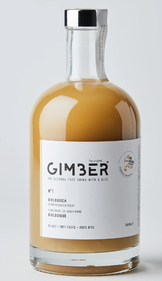
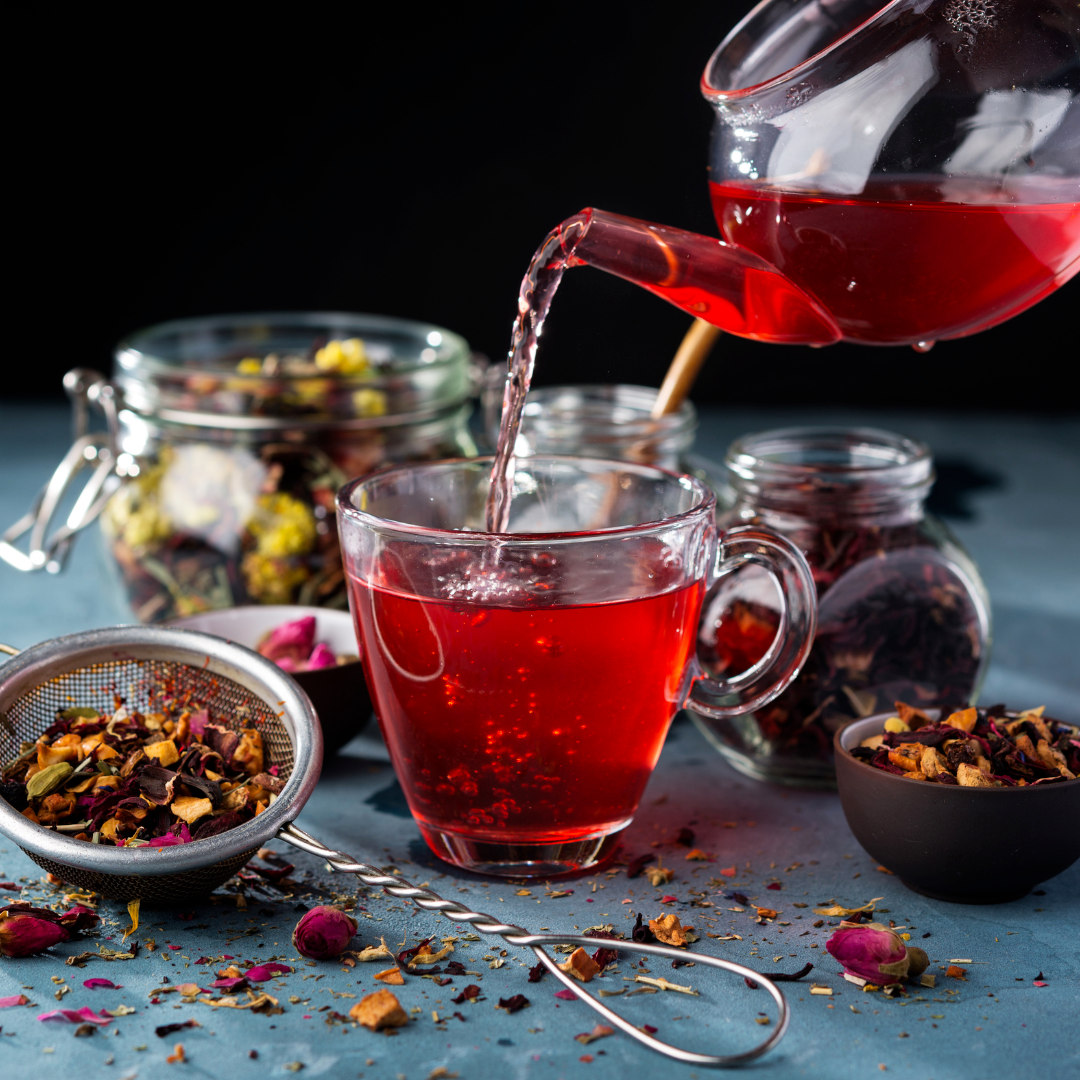
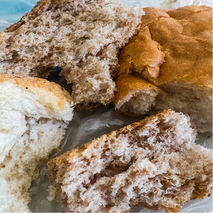
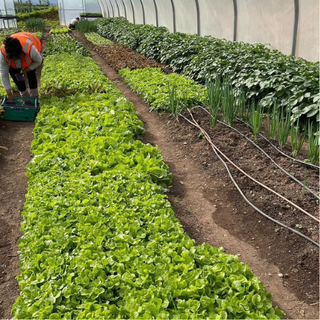
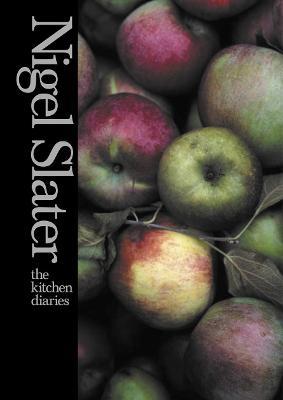
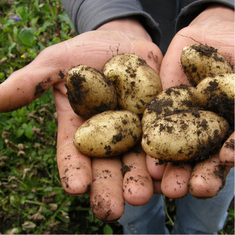
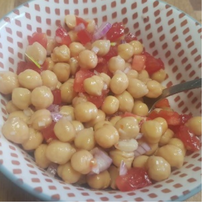
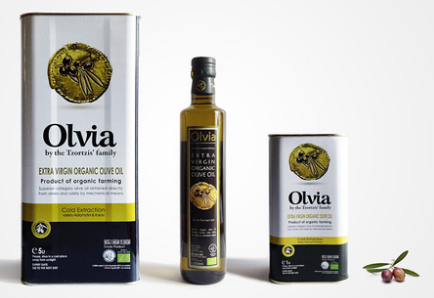
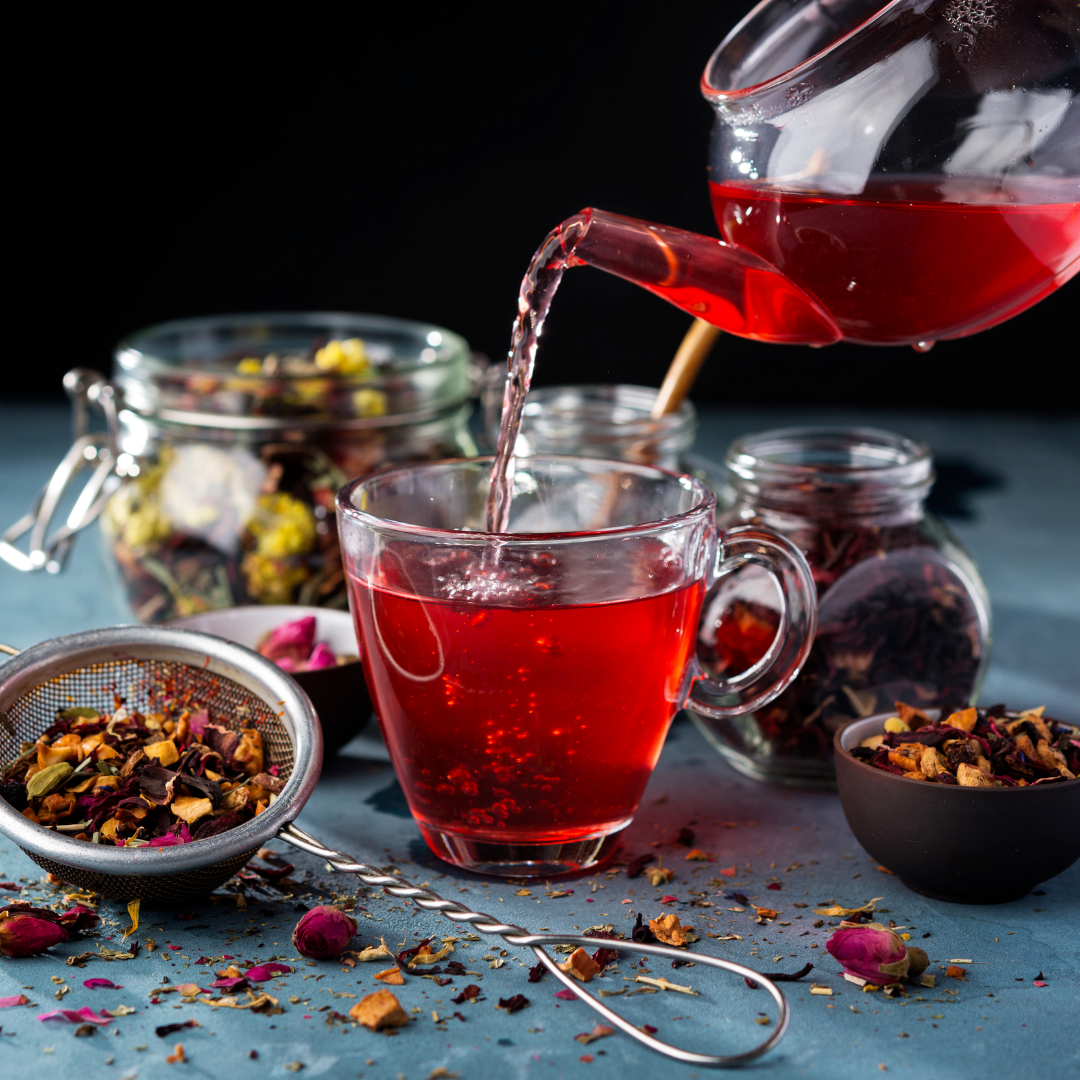
 RSS Feed
RSS Feed